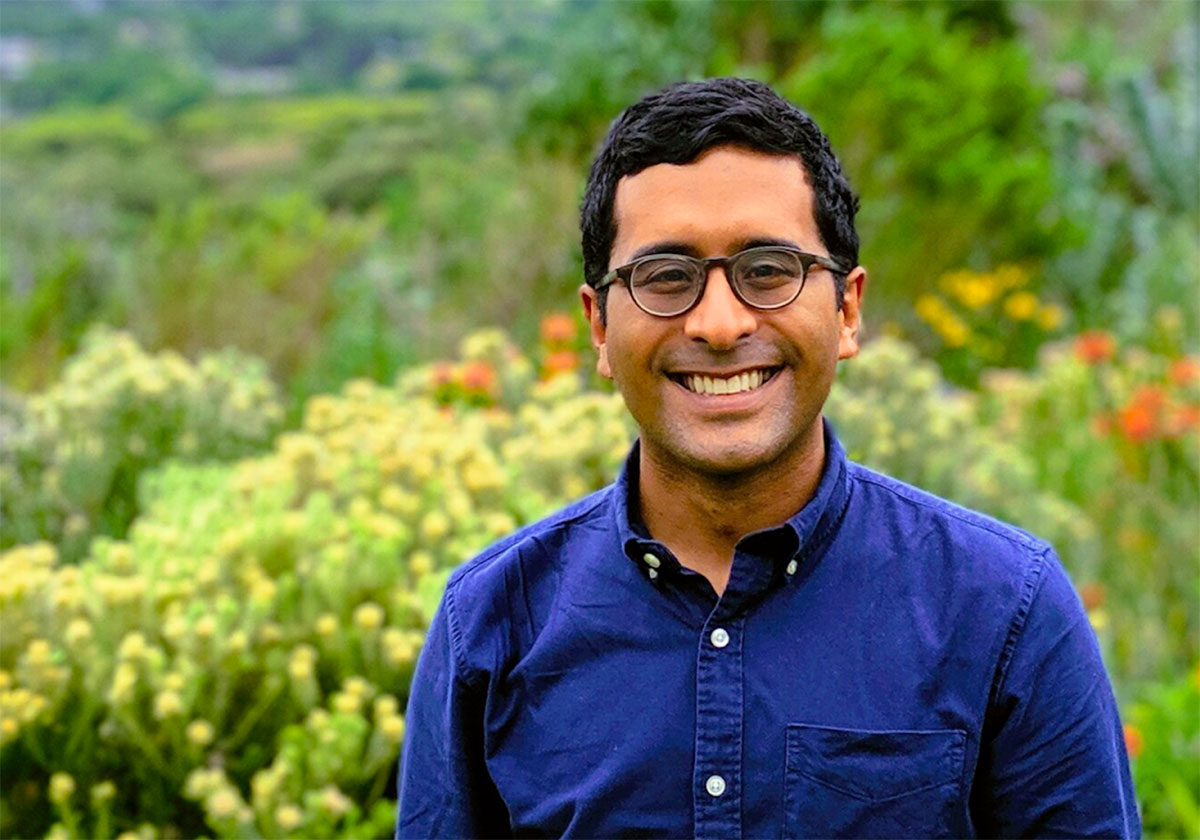Spotlight on Dr. Majdi Osman, MD MPH
By Katie E. Golden, MD

For this month’s newsletter, I had the pleasure of talking to Dr.Majdi Osman. He is a trained infectious disease doctor, who is now the clinical director of OpenBiome. You may remember his opinion piece in our November Newsletter. He is passionate about the potential for microbiome research to impact global health, and is working hard to expand Fecal Microbiota Transplant (FMT) clinical trials to broader populations and lower income countries (his recently published letter in Lancet is worth the quick read!). We talked about what it’s like to help manage the world’s largest stool bank, his ongoing research to try and find better treatment for children around the world who suffer from malnutrition, and even his extracurricular pursuit of writing a children’s book!
Katie: It seems your early training was in Infectious Disease. Tell us how you transitioned to microbiome work.
Majdi: I worked for the World Health Organization, trying to find better ways to treat malnutrition and diarrheal disease in children, before completing my infectious disease training in the UK. There is still an astonishingly high number of kids who suffer from these conditions, and the outcomes are very poor. I think my interest in the microbiome started on an infectious disease rotation. It was late on a Friday afternoon, and one of the doctors decided he wanted to try and use FMT for a patient with C. difficile. At the time, it was not a common treatment, and it was a logistical challenge as there were not even stool banks available. The transplant ended up working surprisingly well! Up until that point, my training had always enforced the idea that poop was a problem and source of disease, rather than a potential therapy. Since then, I have been interested in the microbiome and the complex, dynamic ecosystem that lives within us.
Katie: Tell us what your day to day looks like as clinical director of the OpenBiome?
Majdi: My job consists of three main categories: clinical research, education, and oversight of the stool donor program.
The majority of my time is spent on research and our current clinical trials. We are collaborating with the University of Cape Town, for example, to look at the role of FMT in treating children with malnutrition who don’t respond to traditional therapy. Nearly a third of kids don’t respond to standard refeeding, and these patients can have very poor outcomes. We are hoping to understand how the microbiome is affected by malnutrition, and if microbiome restoration can improve these outcomes.
In addition to research, clinical education and safety oversight is also an important part of my job. We work with clinical sites that are using FMT to educate clinicians on the techniques and safety of the procedure, as well as how to inform and educate the patients about the process. I also support my colleagues in overseeing the donor screening and selection process that allows us to grow our stool bank.
And then there’s lunch, of course (he laughs).
Katie: I read that OpenBiome accepts less than 3% of stool donor applications (which is lower than the acceptance rate to Harvard). What does that process look like?
Majdi: Our screening process involves three steps. The first step screens for basic excluding factors, such as recent travel and medication history. A potential donor also has to be in Boston and be able to come in for on-site screening. The second step consists of an in-person clinical interview. This a detailed and in depth survey, where we screen out donors with asthma, allergies, obesity, even psychiatric conditions such as anxiety and depression – basically any condition with data suggesting an association with the gut microbiome. The third and final step involves collection of blood and stool samples, and screening for certain pathogens. If they are accepted into the program, donors go through a repeated screening process every 60 days, and health assessments every time they provide a stool sample. We’re only at the beginning of this exciting field and there is still a lot to learn about the gut microbiome, so safety is our number one priority and we take quite a cautious approach with our donor program.
Katie: If you could pursue a career outside of medicine or science, what would it be?
Majdi: I am from a northern part of Sudan called Nubia, where there are actually more pyramids than there are in Egypt. I would have loved to become an archeologist, discover more about this ancient civilization, learn hieroglyphics, dig up pyramids … that sort of thing.
Katie: Does your knowledge about the microbiome ever inform your personal lifestyle habits?
Majdi: Well, let’s see. I definitely try to increase my fiber intake. And I also try to eat a plant based diet, although that may be my girlfriend’s influence as well (he laughs). I am also writing a children’s book about the microbiome. It’s really inspiring to think of the complex interactions between these bacteria that have evolved with us. It brings up themes of diversity, interdependency, and appreciating the astounding complexity of nature rather than trying to simplify it.
Katie: You have obviously traveled all over the world for both personal and professional reasons. Any favorite spots?
Majdi: My first thought is how much I would love to go back to Joshua Tree. I went to the national park a few months ago, and it was magical. The sunset was so beautiful, and reminded me of the landscape in Sudan. I would love to go back and spend some more time there.
Interview edited for clarity and space.

